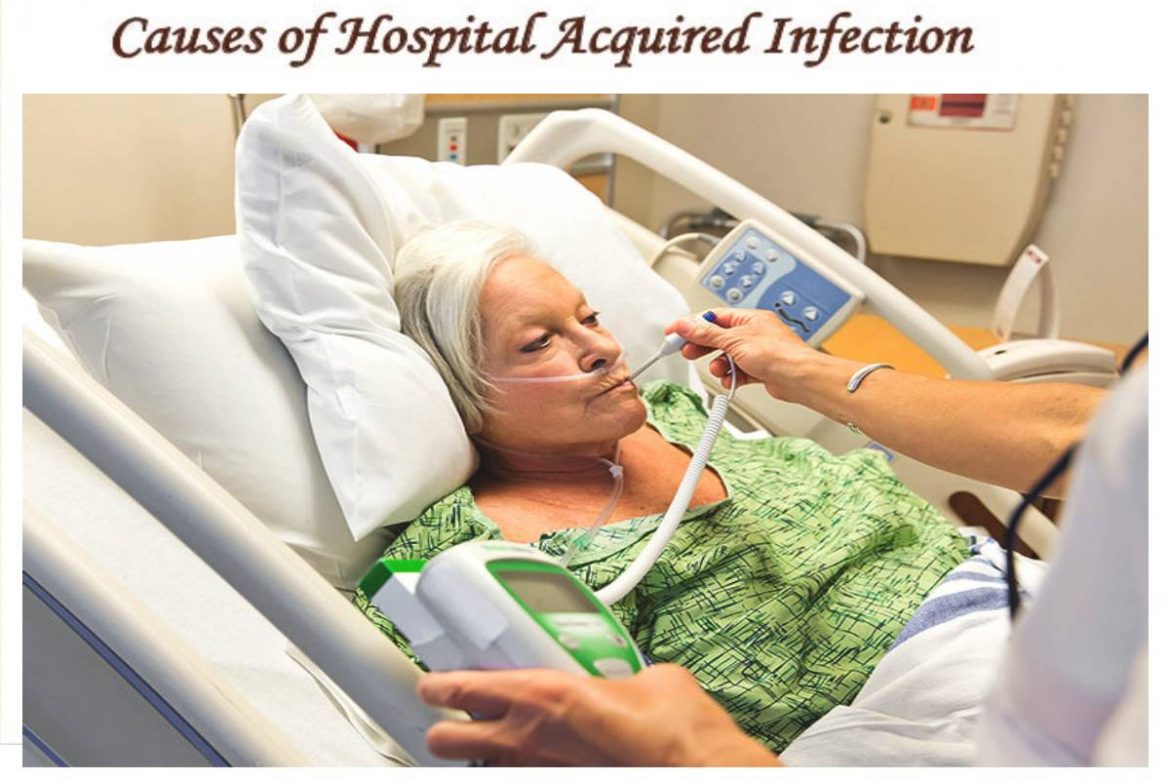According to the World Health Organization (WHO), globally, 1.4 million people every day suffer from hospital-acquired infections (HAI). It means that it happens far more than it should.
Around 9 out of 100 patients acquire a hospital-acquired infection in the United States alone. A lot of times, an HAI happens due to the negligence or the failure of hospital staff to comply with hospital-acquired infection prevention practices. If you or someone you love has acquired an infection from a hospital visit, you might be entitled to compensation.
Table of Contents
Common Kinds of Hospital-Acquired Infections
The most common HAI are urinary tract infections due to catheters. But nearly any infection can start as an HAI.
Other types of common hospital-acquired infections include:
- Surgical wound infections
- Respiratory infections
- Gastrointestinal infections
- Genitourinary infections
- Bloodstream infections
- Reproductive organ infections following the birth of a child
- Skin and soft tissue infections
- Pneumonia
- Sinusitis
- Endometriosis
The Causes and Risk Factors for Hospital-Acquired Infections
Hospital-acquired infections can happen for a lot of reasons. Environmental factors, the patient’s immune system, and bacterial resistance due to the overprescribing of antibiotics.
Other factors and causes that lead to hospital-acquired infections:
- The contamination of instruments, objects, or substances
- The contamination of air conditioners and ventilation
- Congested hospital space
- Poor maintenance and use of catheters
- Poor care and use of ventilators
- Not enough adequately trained staff
- Inadequate sterilization and disinfection policies and practices
- The rescue of syringes and needles
Symptoms of Hospital-Acquired Infections
Some symptoms of HAIs are visible, while others are not. You are your best health advocate and don’t be scared to speak up if you notice any signs or even suspect a hospital-acquired infection.
Symptoms of a hospital-acquired infection can include:
- Discharge or drainage of a wound
- Fever
- Coughing and shortness of breath
- Difficulty urinating
- Headache
- Nausea, vomiting, or diarrhea
Who is at Risk for Hospital-Acquired Infections?
Anyone can be at risk for contracting a hospital-acquired infection. However, additional factors put some people at more risk than others.
- Your age, especially for those 70+ years old
- Your roommate in the facility
- A prolonged ICU stay
- Whether you’re already on antibiotics and which antibiotic you’re on
- Whether or not you have to use a urinary catheter
- Whether you’ve been in a coma
- Whether you’ve experienced shock
- Whether you have a compromised immune system
- The extent of your trauma
Addressing Hospital-Acquired Infections
Addressing HAIs is becoming more and more critical. Hospitals need better prevention measures because they lead to far more extensive problems.
- Hospital-acquired infections contribute to rising morbidity and mortality rates globally.
- More patients have compromised immunity. Youth and older adults are seeing the most significant rise in numbers.
- New microorganisms are being discovered every day.
- Bacterial resistance to antibiotics is becoming far too common and heightens the risk of HAIs.
Reducing Your Risk for Hospital-Acquired Infections
Most of the responsibility in preventing HAIs belongs to the hospital and its staff. However, you can do a few things to reduce your risk and ensure if you suffer a hospital-acquired infection, you did your park to prevent it.
- Discuss the risks with your doctor and nurses. Ask how the hospital prevents, identifies, and treats hospital-acquired infections.
- Ask what tests will be done if you do get an infection to ensure that you’re receiving the wrong antibiotics and treatment.
- Wash your hands and demand that staff does the same before touching or examining you.
- Understand the symptoms of hospital-acquired infections.
- Speak up and advocate for yourself if you experience any symptoms of an HAI.
Are Medical Professionals at Fault for Hospital-Acquired Infections?
The fact is, not all HAI’s are due to the negligence or non-compliance of a healthcare worker. However, one of the biggest factors is non-compliance with the best hospital-acquired prevention practices by the hospital and medical staff.
Hospital-acquired infections can be mild, but they can be deadly, too. If you are a loved one who suffered from an HAI, you may have grounds to sue and seek compensation. By contacting an experienced personal injury attorney, you’re taking the first steps towards getting justice. HAIs are traumatic for the victim and their family, and having an advocate on your side goes a long way towards a positive outcome.
At the law offices of Steven H. Heisler, we understand how difficult it is to go through a hospital-acquired infection, and we want the best for you and your family. Contact us today for a free consultation to see if you qualify for compensation and take the first steps towards peace of mind.


